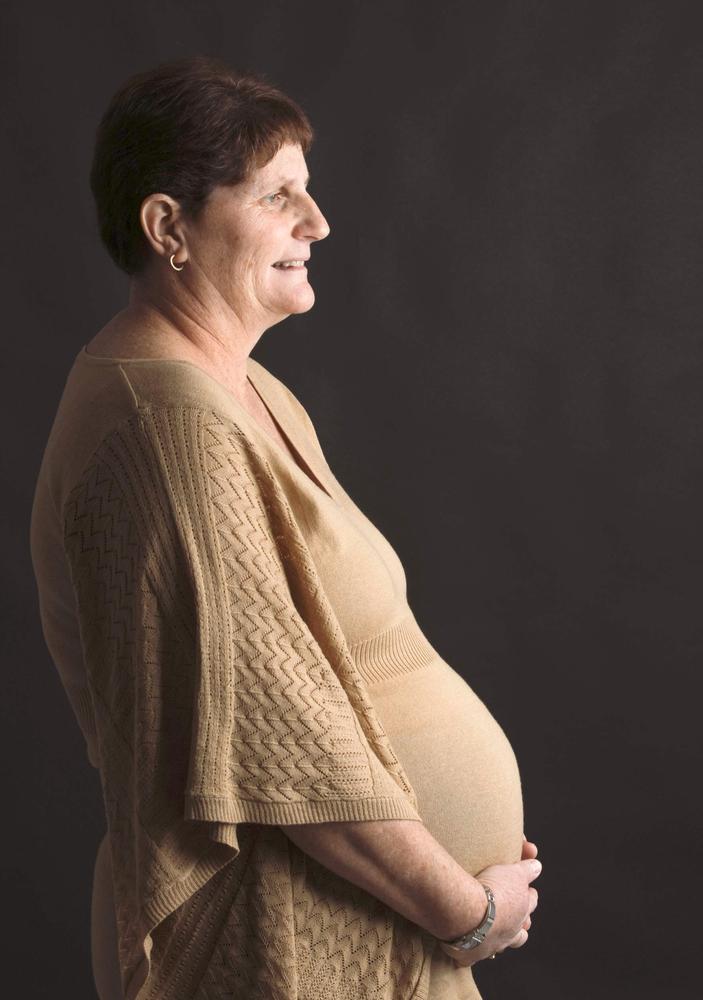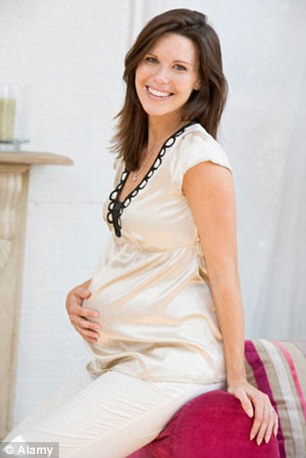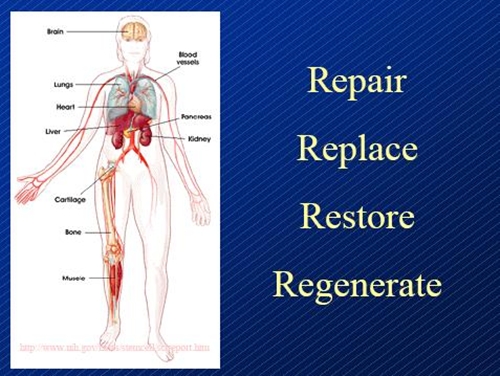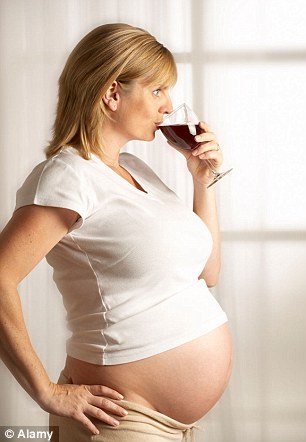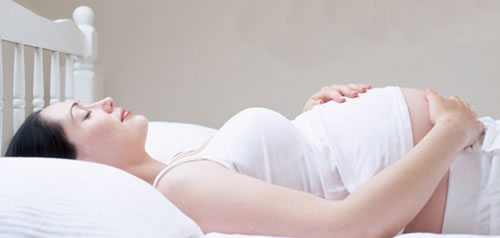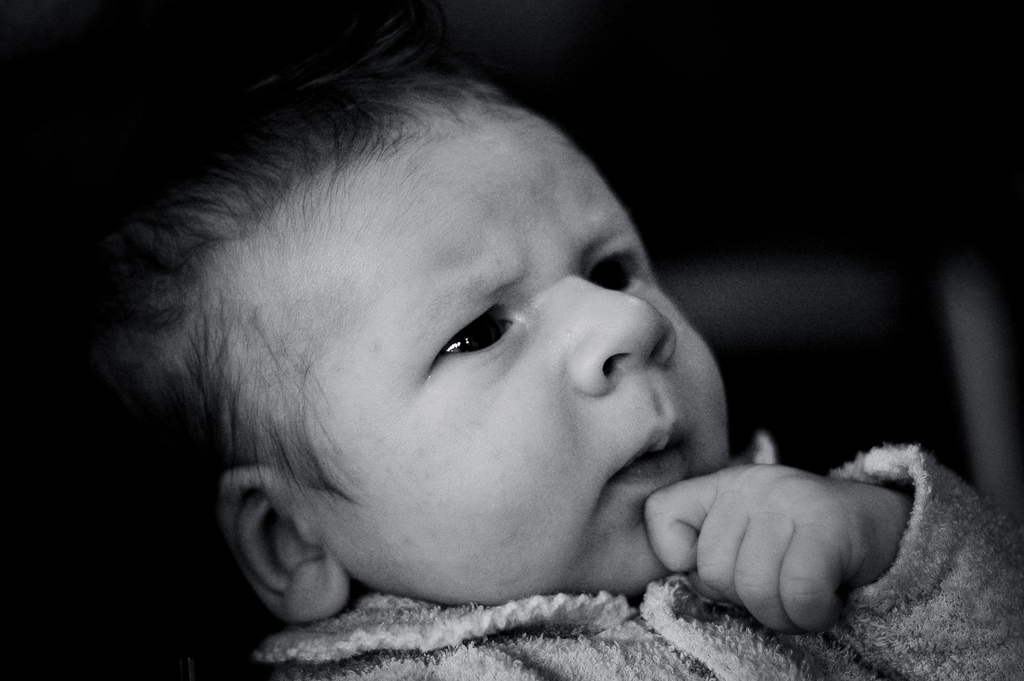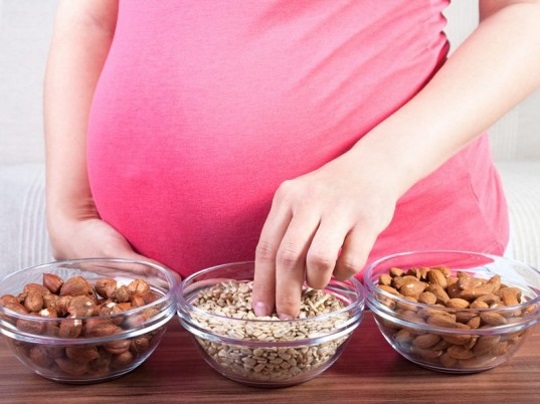Pregnancy Could Have 'Rejuvenating Effect'
Expectant mums really do bloom - for being pregnant has a 'rejuvenating effect' on women, according to new scientific research.
And for older women it could help them feel young again, almost literally, as pregnancy helps regenerate tissue and slow down the ageing process, it added.
Appearing to bloom is not just a cosmetic side effect of carrying a child, said medical experts for the journal Fertility and Sterility but an actual physical process.
Researchers studied the effects of liver transplants on pregnant and non-pregnant mice using a high-tech MRI scanner at the Hadassah Medical School in Jerusalem.
It found in young, non-pregnant mice, 82 per cent of the liver had regenerated after two days and in older, non-pregnant mice, only 46 per cent had regenerated in that time.
But in older, pregnant mice around 96 per cent had regenerated after two days, better than the non-pregnant rodents both young and old, they reported.
They also found that pregnancy protected the rodents from tissue damage around the heart, which is also an irreversible part of the human ageing process, said the study.
Pregnancy is a unique condition for the human body, said the researchers, and as a result it has to cope with two people's systems at the same time.
For the older of the two bodies, it is as if it has been injected with a youth serum from the baby it is carrying, hence the rejuvenating process affecting the mother, it suggests.
The report added: 'As we age, it is more difficult for our tissue to regenerate itself.
'Because pregnancy is a unique biological model of a partially shared blood system, we have speculated that pregnancy would have a rejuvenating effect on the mother.'
Tal Falick Michaeli, Rubin Chair in Medical Science at Hebrew University-Hadassah Medical School, who led the review, has also done research that suggests that pregnancy can restore the mother's muscles' ability to regenerate.
The research found, in the mice used to test their hypothesis, that the positive effect of pregnancy was 'transient' and lasted for about two months after delivery.
Previous research has also found that old mice given a transfusion of younger mice's blood performed better in a memory task than those that aged naturally.
A study by Stanford University found that changes in the make-up of people's blood as they age may damage connections in the brain and so cause memory deterioration and the decline of other brain functions. This could be tackled by filtering more youthful blood into the older body, which would rejuvenate old tissue and keep nerve cells in better working order, according to the research.
Written By Daily Mail Reporter
Retrieved From:
|
|





